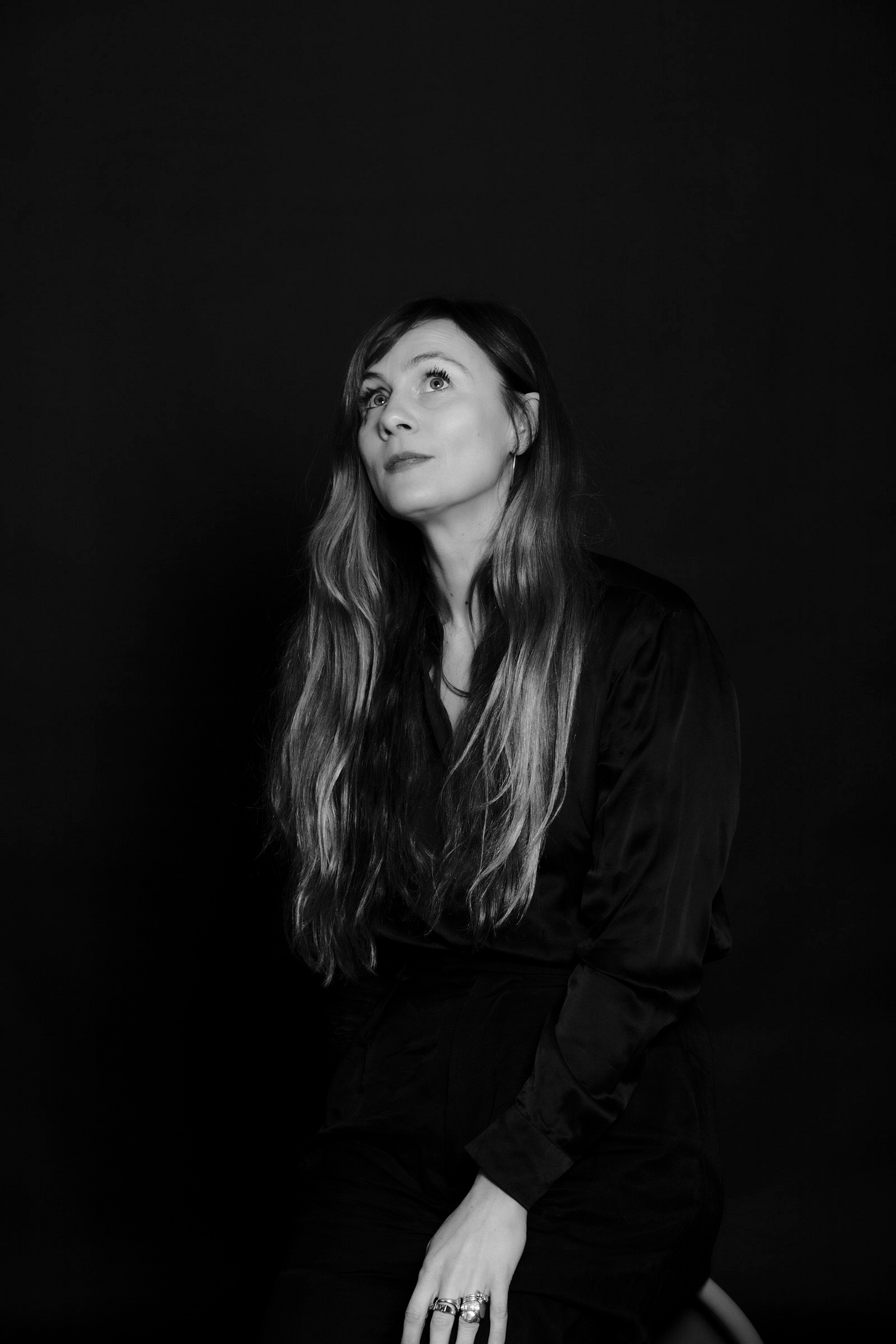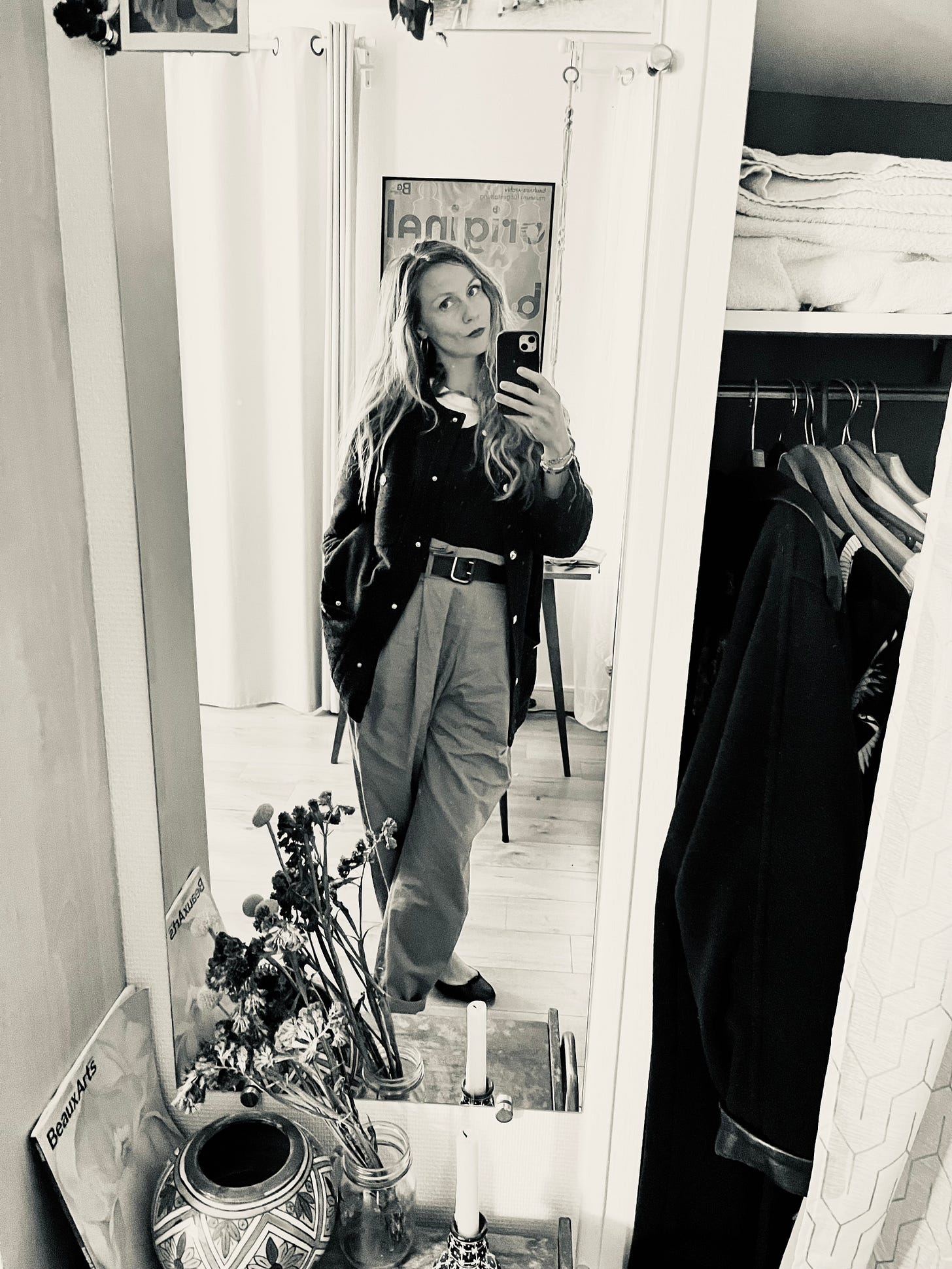The Writer: Anna Whitwham, author and lecturer
Anna Whitwham is the critically-acclaimed author of the novel Boxer Handsome and a more recent memoir, Soft Tissue Damage. Here, we talk about finding the time to write around lecturing and motherhood
I first interviewed Anna Whitwham in 2015, for a digital magazine I was running. Now, 10 years later, we’re back for round two: I’m running a new platform; Anna has a new book out. Both Anna’s books - the first, fiction; the second, memoir - centre around the theme of boxing.
Here’s our interview…
You’re the author of both a novel (Boxer Handsome, 2014) and a memoir (Soft Tissue Damage, 2025). You’re also a lecturer in creative writing at the Royal Holloway. How do you find it, balancing your freelance writing with full-time employment?
It’s quite hard. When I teach, I give a lot of energy to students, which is as it should be, but tapping out of that takes time – I think the old, trusted method of getting up at 5am is good for this. Sectioning off a part of the morning that’s total hush.
What time of the day is best for writing?
First thing in the morning or last thing at night – when no one can get to you.
What does your Monday-Friday routine look like, in working hours?
It’s a bit ad-hoc. There’s school runs and various meetings. In term-time it’s full days at the university – otherwise lots of prep and marking and supervisions.
Do you work in the evening/on weekends - and how else might you spend ‘time off’?
I need to get much better at rest and time away from all work. I still feel rest is a wasted window for writing which is awful – and that’s because I am always juggling. I need to find spaces to do nothing in. It’s not productive. The ideas come when I’m quiet.
Where do you most like to write from?
I love writing in coffee shops. My favourite place ever was a friend’s flat in Paris – it gave me such distance in all kinds of ways – I could be a writer, totally. But that’s real privilege and I have written on laps, pillows and trains. If it needs to come out it usually does.
Do you have a morning/night-time routine that helps with your writing?
I don’t – I have periods where I have urges to get words on the page, and then times when I feel stuck. It’s often quite extreme – either very early or very late – the daytime is always too full of other things.
Both your books are around the theme of boxing but one is fiction, while the other is memoir, about your personal journey of getting in the ring as a way to work through the grief of losing your mum. How did the writing process differ for each book?
The book around mum felt much more organic – and a way of building her back to life. The fiction felt much more like I was ‘writing’.
Have you had other book ideas, and proposals you’ve sent out, that haven’t come to fruition?
So many! It’s part of the process of making things.
What one thing would help to improve your writing life?
Time. It’s always time.
Do you feel successful, as a writer?
No. But I think about mum and what she’d say, and she’d be happy for me – that I was writing and keeping that part of myself going and alive, and that’ a measure of success.
How do you cope with failure?
When I was younger, I felt awful. Dislodged by it. Now I am older I can weather it better – also just having other things to care and look after mean it’s a little more put in its place. Things take time, also. It’s okay to not always get what you want.
Who are your three favourite authors?
Toni Morrison, Annie Ernaux, Grace Paley.
What’s next, for your writing?
Next, I am working on some fiction - small town dramas and shifting ideas of what it means to be a mother.
Get a signed copy of Anna’s memoir Soft Tissue Damage (Rough Trade Books, 2025); get a copy of her novel, Boxer Handsome (Penguin, 2014).






